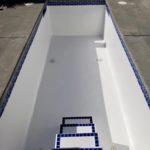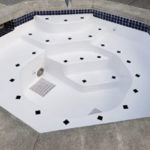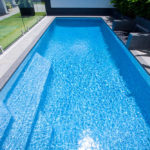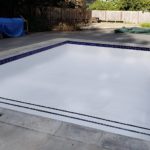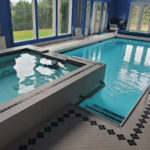In Las Vegas, your pool is not just a luxury but a necessity! In this blog, we’ll dive into why keeping your pool in prime condition is crucial, especially in our local climate.
Whether it’s the relentless sun or the wear and tear of time, every pool will eventually need some TLC. Today, we’re focusing on pool resurfacing in Las Vegas and how to choose the best option for your watery retreat.
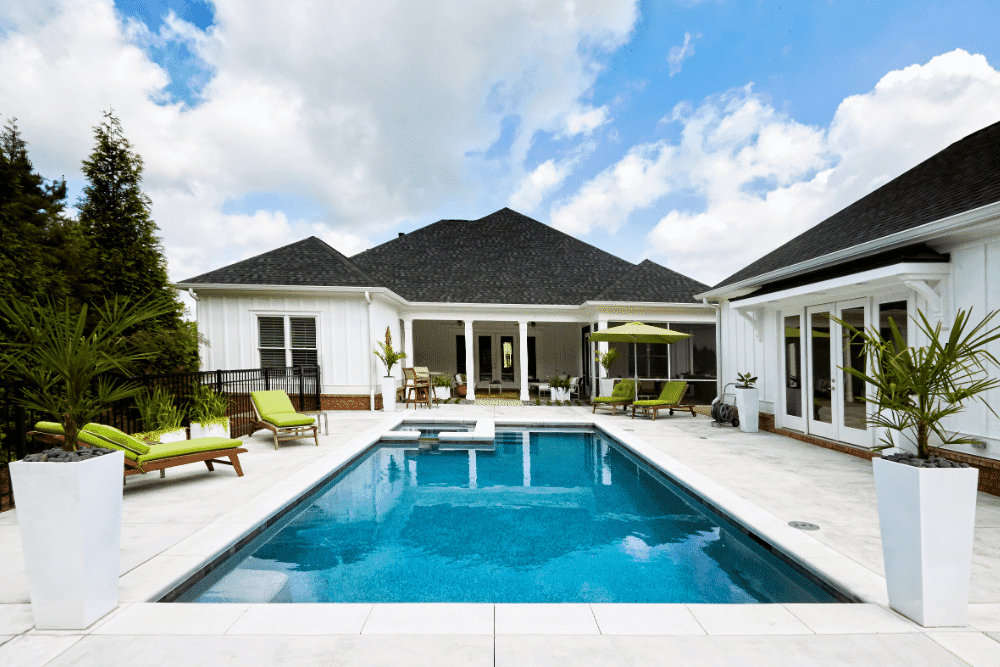
Understanding Pool Resurfacing
Pool resurfacing is not just a cosmetic upgrade but is rather needed for the proper maintenance of pool longevity and the overall quality of swimming. But what exactly does resurfacing include?
It consists of milling out the old surface, cracking repairs, and application of new material. Some of the most common signs that a pool may need pool resurfacing Las Vegas NV include rough textures, discolorations, and leaks.
Types of Pool Resurfacing Materials
There are many materials you can use in pool resurfacing, which can go a long way in determining the appearance and life span of the pool. Let’s explore the most popular options available in Las Vegas:
- Plaster:
- Pros: Standard and the smoothest finish at the most reasonable price.
- Cons: It requires higher maintenance and a shorter lifespan as it is more susceptible to algae formation.
- Ideal for: Customers who want a conventional appearance for their pools and at the same quality and affordable prices. It is at this point that pool plaster in Las Vegas, NV, becomes crucial.
- Fiberglass:
- Pros: High durability, low chemical consumption, and minimal installation time.
- Cons: There is a higher initial cost, and the system must be installed by a professional.
- Ideal for: For individuals who are looking for durability and low maintenance. Las Vegas fiberglass pools have also become popular due to these reasons.
- Pebble and Other Aggregate Finishes:
- Pros: Elegant, very strong, and available in different colors and surfaces.
- Cons: It can be more expensive compared to plaster.
- Ideal for: Buyers seeking a luxury finish different from the norm.
Comparing Costs and Longevity
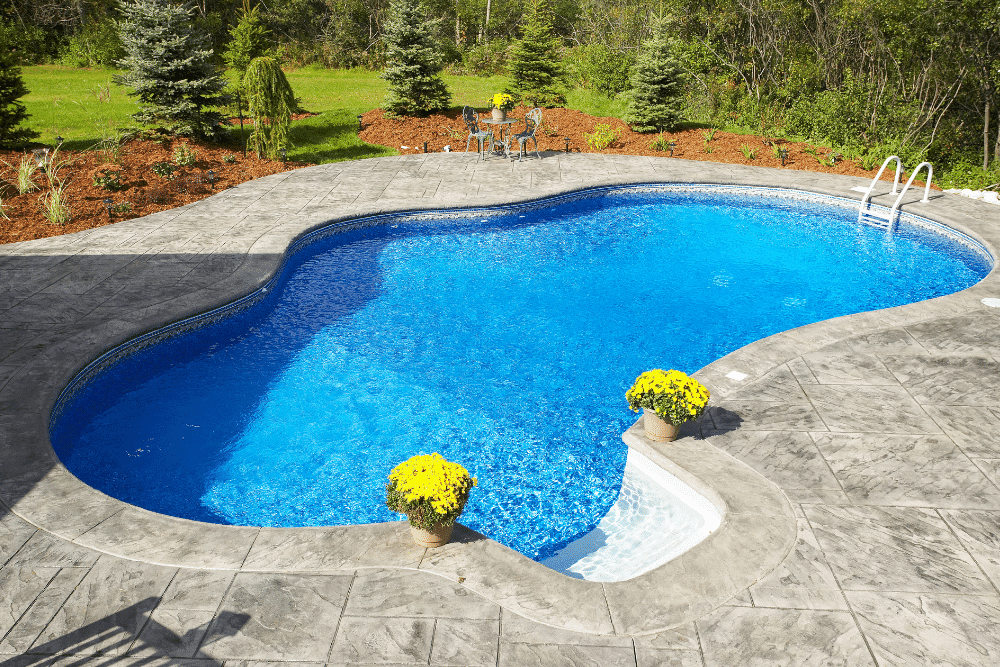
It is best to evaluate the cost of the material to be used for resurfacing as well as the long-term gains. Plaster is cheaper initially but may need to be resurfaced more times.
However, finishes such as fiberglass and aggregate are often more expensive initially but prove to be more cost-effective in the long run.
Choosing the Right Service Provider
The contractor becomes a crucial element in a pool renovation. Choosing the right company for pool replastering services Las Vegas is even more important in places like Las Vegas characterized by a very high temperature and frequent use of pools in homes.
Here’s a deeper dive into the factors to consider to ensure you pick the best service provider for your pool resurfacing needs:
Check for Valid Licensing and Insurance
- Licensing: It is essential to hire a contractor with licenses from the state and locality for pool resurfacing. This is your first check to validate their integrity and knowledge.
- Insurance: Injuries occur, and you don’t want to be responsible for them when they do. Ensure that the contractor has insurance, including liability and worker’s compensation. This should protect you and your property while the resurfacing work is ongoing.
Evaluate Online Reviews and Testimonials
- Reputation: Google, Yelp, and other review websites offer valuable information about a contractor’s reputation and the reliability of their work.
- Consistency: Search for a trend of satisfaction among reviewers. Some negative reviews are to be expected, but long-term complaints regarding work that is shoddy, unprofessional, or overcharging the client are warning signs.
Examine Before-and-After Photos of Previous Work
- Quality of Work: You can also get an idea of their skills and style using before-and-after pictures that show the work done by the contractor. It is one thing to read about their abilities but quite another to see those abilities.
- Variety: Find out if the contractor has worked with various resurfacing materials and designs, especially the one you would like for your pool. This breadth of experience can also serve as an indicator of their versatility and skills.
Personal Interaction and Communication
- Consultation: A good contractor will discuss your needs and visit the pool. This is an excellent time to assess their level of professionalism and knowledge.
- Communication: Pay attention to how they talk to each other. Are their answers short and to the point? Do they take the time to understand your problems and offer viable solutions?
Request References
- Direct Feedback: Request for references from recent customers. Contacting these clients will enable one to get a firsthand insight about the contractor and the level of satisfaction after the completion of the project.
Detailed Quotes and Contracts
- Transparency: Ensure the contractor furnishes a formal quotation that reflects the quote’s price, project scope, materials, duration, and the payment terms. An expert will not have problems offering such comprehensive contracts.
- Fair Pricing: It is advisable, however, not to base the decision solely on price but to request quotes from a number of contractors for comparison purposes. Quotes that are way below the others should be a concern, as this can portray poor material or workmanship.
What's Best For Your Las Vegas Pools?
Whether dealing with cracks, leaks, or an outdated look, the right resurfacing can make all the difference. From pool plaster Las Vegas NV to innovative fiberglass solutions, there’s a material that fits every style and budget.
Ready to dive into your pool resurfacing project? Contact us today to explore your options and find what’s best for your Las Vegas pool. Let’s ensure your pool stays as inviting and refreshing as the city itself!
Quick Tips for Pool Maintenance in Las Vegas
- Regularly check pH and chlorine levels to keep your water clear and hygienic.
- Use a pool cover to reduce evaporation and keep out debris.
- Schedule professional maintenance at least once a year to catch issues early.
